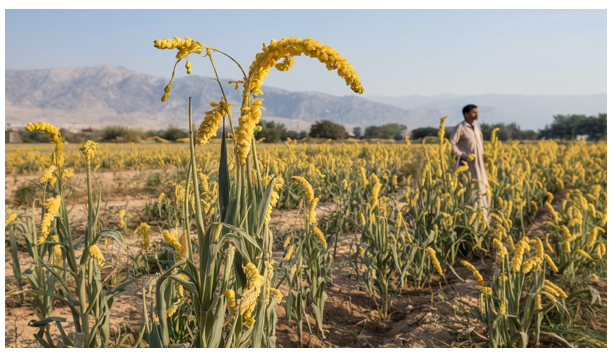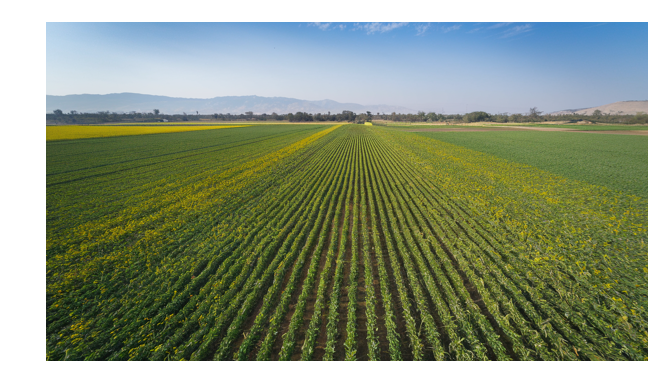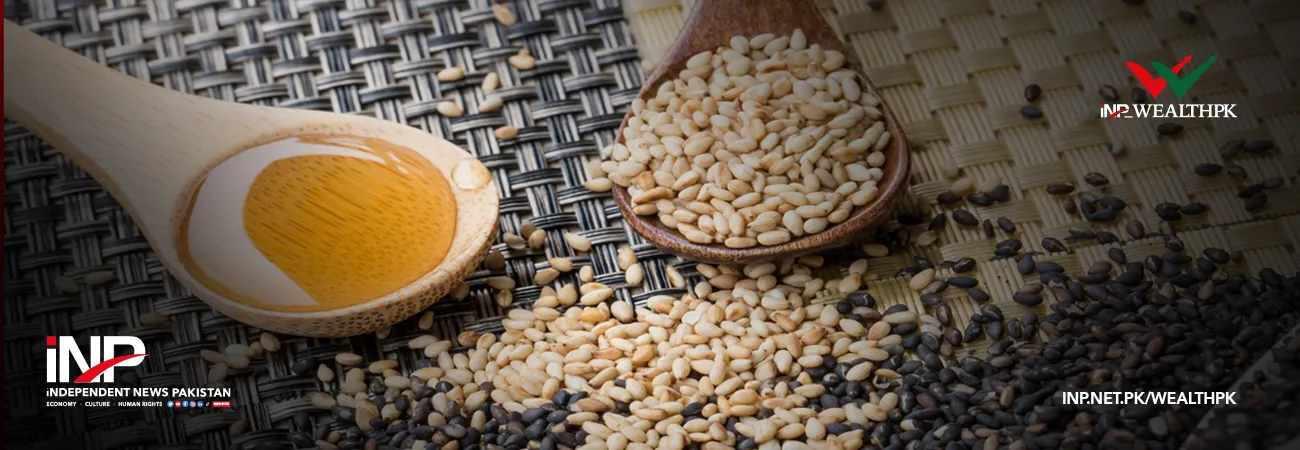INP-WealthPk
Muhammad Saleem
Oilseed crops carry a significant potential to help Pakistan reduce the edible oil import bill, so policymakers should promote such crops through extending incentives to the growers. Prof Dr Iqrar Ahmad, Vice-Chancellor of University of Agriculture Faisalabad (UAF), told WealthPK that Pakistan was spending more than $2 billion on import of edible oil annually. He said without promoting oilseed crops in the country, the import bill would continue to increase. He also disclosed that a lot of money had been ‘wasted’ on development of an olive oil valley in Islamabad. He pointed out that the climate of Islamabad was not suitable for olive cultivation. Highlighting the UAF’s efforts to boost oilseed crops, he said the university had introduced new varieties of soybeans and was going all out to promote them among growers. He said initially the university had cultivated soybean on the lands of 700 farmers, and a strategy had been evolved to expand the cultivation to 50,000 farmers next year.
Ghazanfar Ali, a farmer, told WealthPK that oilseed crops had tremendous earning potential. “However, farmers often stick to traditional crops like wheat or cotton due to their guaranteed market demand and higher profitability.” He said they needed to change the mindset of growers through modern education and better market access. He said the government must enable farmers to realise the importance of crop diversification to strengthen their financial position. “The government’s goal should not be limited to attaining self-sufficiency but to put Pakistan on the map as an exporter of edible oils. We can easily achieve this goal through a comprehensive plan involving research, farmer training, and market development,” Ali stressed. He also called for public-private partnerships in strengthening the ecosystem that supports oilseed production. Dr Muhammad, a faculty member at UAF, said oilseed crops like mustard, sunflower and canola could significantly reduce Pakistan's reliance on imported edible oils.
“This is a burning issue that needs to be addressed to strengthen Pakistan’s external sector.” He said the only way to cut back on the import bill was to increase domestic production of oilseeds. “By enhancing the local production of oilseeds, Pakistan can save millions of dollars. We can then use this amount for people’s welfare,” he said. Muhammad said the government should provide the growers with incentives like subsidies, guaranteed minimum support prices, and improved access to agricultural inputs. He said Pakistan should learn from the experience of China, which drastically enhanced the local production of oilseeds, reducing reliance on their imports. He said the domestic production of oilseeds in Pakistan contributed below 20% to the total consumption. “Through strategic initiatives, we can increase this contribution significantly,” he added.



Credit: INP-WealthPk













